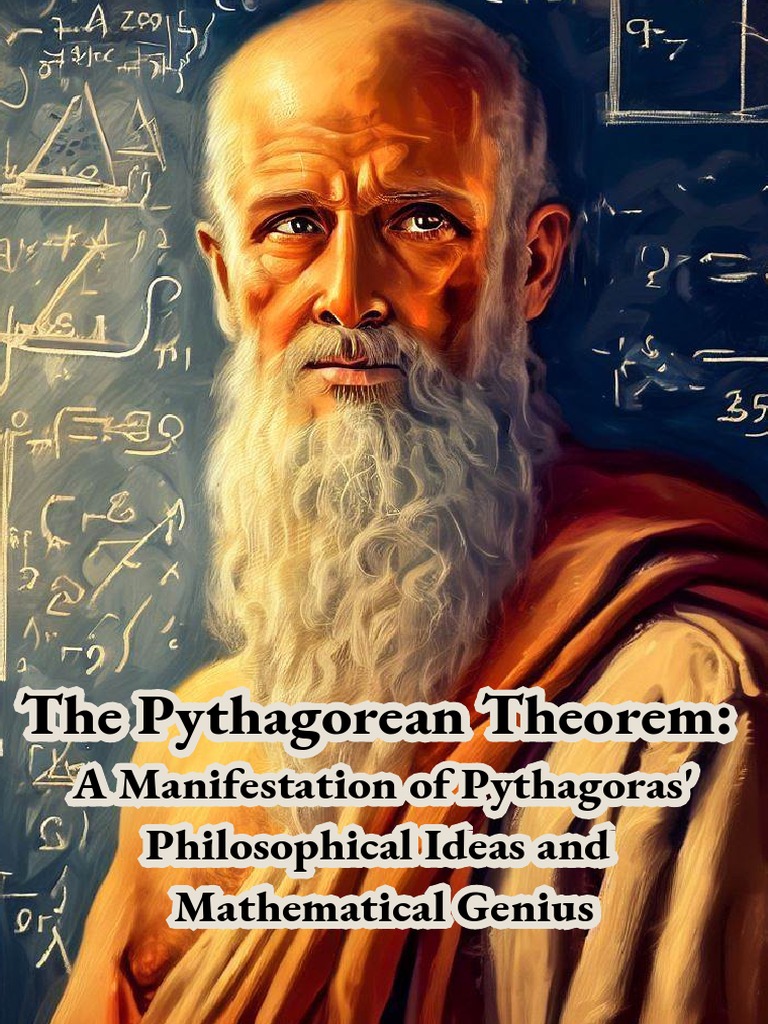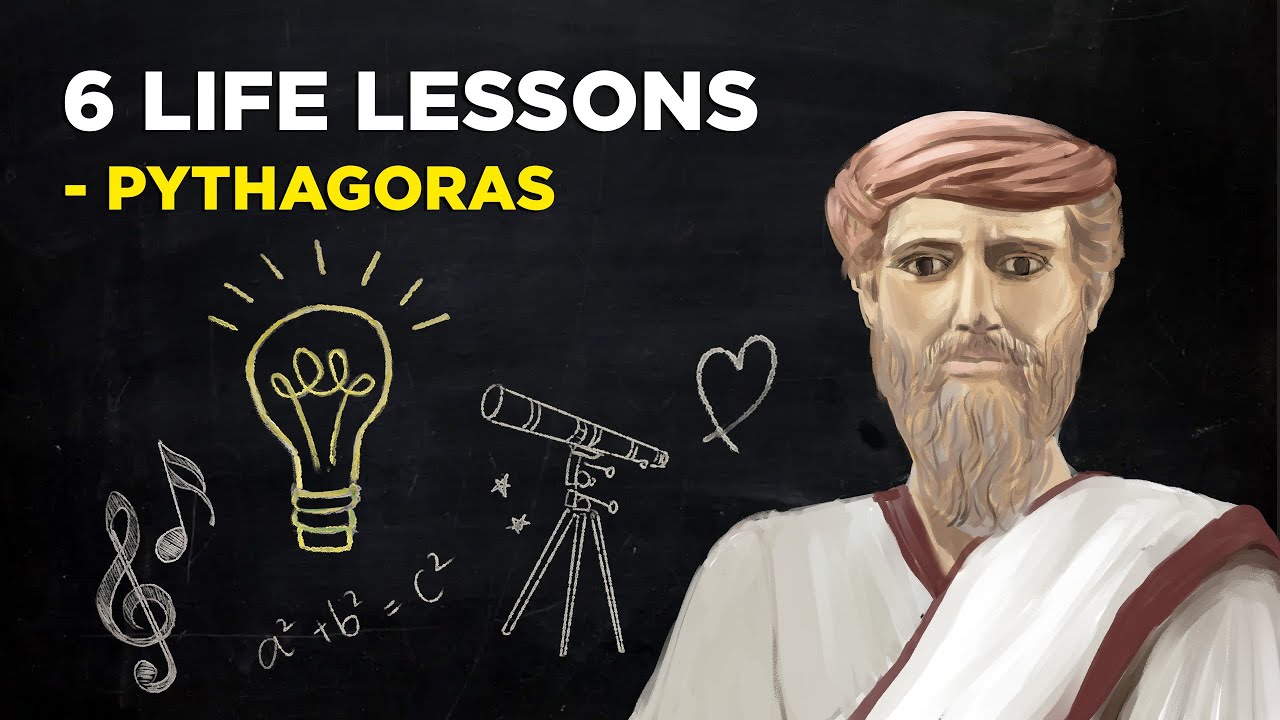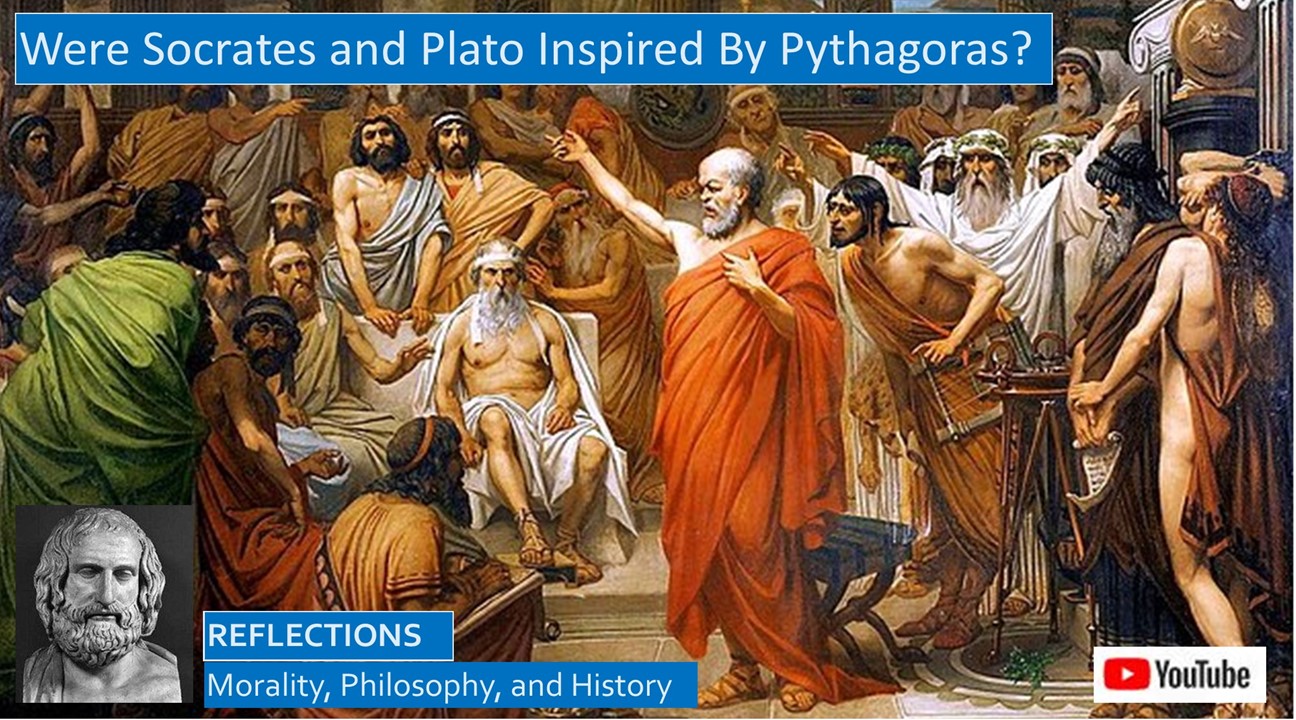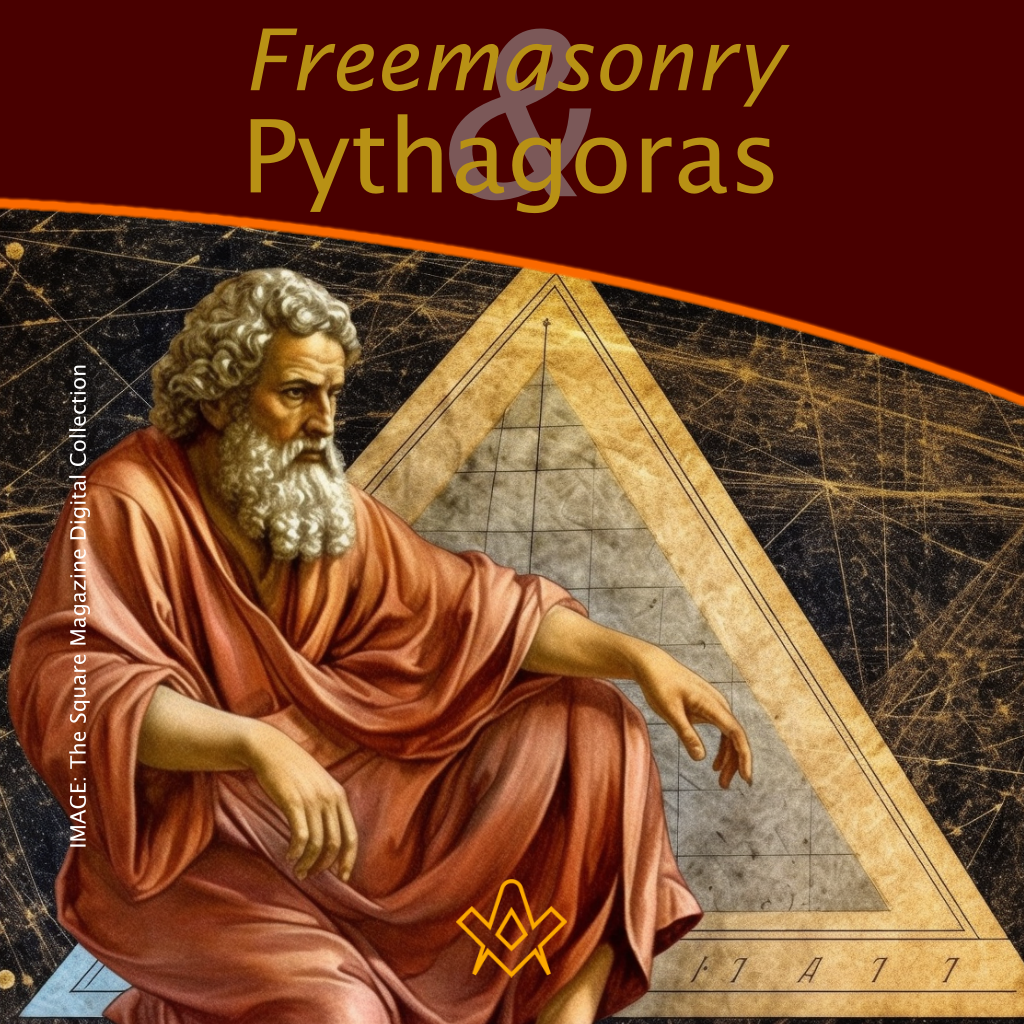The Secret Teachings of Pythagoras have captivated minds for millennia, blending profound mathematical insights with esoteric philosophy and mystical beliefs. Far beyond the familiar Pythagorean theorem, these teachings formed the foundation of a secretive society dedicated to uncovering the hidden harmonies of the universe. This article delves into the depths of Pythagoras’s legacy, exploring how his ideas continue to influence modern thought in unexpected ways, inviting readers to embark on a transformative journey through history, science, and spirituality.
The Enigmatic Origins of Pythagoras


Pythagoras, often shrouded in legend, was more than a mathematician; he was a visionary philosopher whose life story intertwines with the myths of ancient Greece. His teachings, kept secret within a close-knit brotherhood, emphasized the interconnectedness of all things through numbers and the divine order of the cosmos. To understand the Secret Teachings of Pythagoras, one must first explore the historical and cultural milieu that shaped his revolutionary ideas, revealing how personal experiences and societal influences forged a system of thought that transcended mere academia.
Early Life and Formative Influences


Pythagoras was born around 570 BC on the island of Samos, a thriving hub of trade and intellectual exchange in the Aegean Sea. From a young age, he was exposed to a mosaic of cultures, including the Egyptians, Babylonians, and Phoenicians, whose knowledge of astronomy, geometry, and mysticism left an indelible mark on his developing worldview. His father, a gem engraver, may have introduced him to the symbolic power of shapes and numbers, while his travels to Egypt and possibly India
The Secret Teachings of Pythagoras have captivated minds for millennia, blending profound mathematical insights with esoteric philosophy and mystical beliefs. Far beyond the familiar Pythagorean theorem, these teachings formed the foundation of a secretive society dedicated to uncovering the hidden harmonies of the universe. This article delves into the depths of Pythagoras’s legacy, exploring how his ideas continue to influence modern thought in unexpected ways, inviting readers to embark on a transformative journey through history, science, and spirituality.
The Enigmatic Origins of Pythagoras


Pythagoras, often shrouded in legend, was more than a mathematician; he was a visionary philosopher whose life story intertwines with the myths of ancient Greece. His teachings, kept secret within a close-knit brotherhood, emphasized the interconnectedness of all things through numbers and the divine order of the cosmos. To understand the Secret Teachings of Pythagoras, one must first explore the historical and cultural milieu that shaped his revolutionary ideas, revealing how personal experiences and societal influences forged a system of thought that transcended mere academia.
Early Life and Formative Influences


Pythagoras was born around 570 BC on the island of Samos, a thriving hub of trade and intellectual exchange in the Aegean Sea.
From a young age, he was exposed to a mosaic of cultures, including the Egyptians, Babylonians, and Phoenicians, whose knowledge of astronomy, geometry, and mysticism left an indelible mark on his developing worldview.
His father, a gem engraver, may have introduced him to the symbolic power of shapes and numbers, while his travels to Egypt and possibly India further enriched his understanding of mathematics as both a practical tool and a philosophical lens through which to view reality.
The confluence of these diverse influences fostered a sense of wonder in Pythagoras, instilling in him a belief in the universal language of numbers that would become the cornerstone of his teachings.
Cultural Exchange in Ancient Samos
Samos was not just a backdrop for Pythagoras’s formative years but rather a crucible of ideas. The island’s bustling environment facilitated encounters with traders and scholars from distant lands, each bringing their distinct philosophies and scientific advancements.
This cultural exchange allowed Pythagoras to synthesize various strands of thought, particularly those relating to mathematics and spirituality. For instance, the Babylonian focus on mathematics for astronomical predictions could have shaped his understanding of the cosmos, while Egyptian mysticism might have influenced his views on immortality and the soul.
Such early experiences equipped Pythagoras with a unique perspective, enabling him to merge empirical knowledge with metaphysical inquiry. These formative years laid the groundwork for his later contributions, where he would inspire a generation to consider mathematics not merely as calculations but as a pathway to divine truth.
Influence of Mystical Traditions
Mysticism played an instrumental role in shaping Pythagorean philosophy. In particular, the teachings of Orphism—a religious movement that emphasized purification and the transmigration of souls—likely resonated with him during his youth.
Orphic beliefs linked music, numerology, and religion, suggesting that the cosmos is structured according to a harmonious order that can be expressed mathematically. This fundamental idea would become central to Pythagorean thought, merging ethics, aesthetics, and metaphysics in a coherent worldview.
By exploring mystical traditions, Pythagoras discovered the potential of numbers to reflect deeper truths about existence and consciousness. They were not merely abstract symbols but expressions of a cosmic rhythm governing all creation. This insight became a pivotal aspect of his teaching, enticing followers who sought meaning in a world rife with chaos.
Establishing the Pythagorean Brotherhood
In the wake of his extensive travels and encounters with various traditions, Pythagoras returned to establish a school in Croton, Italy, around 530 BC. This marked the formal beginning of the Pythagorean Brotherhood—an assembly of like-minded individuals committed to exploring the esoteric dimensions of mathematics, philosophy, and spiritual practice.
Within this cloistered community, members adhered to strict rules of conduct, emphasizing discipline, secrecy, and communal living. Such structures fostered an environment conducive to deep study and intellectual exploration.
Principles of Pythagorean Thought
At the heart of Pythagorean teachings lay several foundational principles that transcended mere academic inquiry. First among them was the concept of “harmony”—the belief that the universe operates according to mathematical ratios and proportions.
This principle extended beyond theoretical mathematics into the realms of music, architecture, and even ethics. Pythagoreans believed that understanding harmony could lead individuals toward moral rectitude and a deeper comprehension of the cosmos.
Secondly, the idea of reincarnation was deeply embedded in Pythagorean doctrine. Members subscribed to the belief that the soul is immortal and undergoes cycles of rebirth, learning lessons across lifetimes. This notion propelled them to aspire toward greater wisdom and ethical living, contributing to the enrichment of the human experience.
Finally, the Pythagorean Brotherhood placed immense value on unity and interdependence. Members viewed themselves as part of a grand cosmic tapestry, reinforcing the idea that every action has consequences that resonate throughout the universe. This worldview inspired a collective commitment to live harmoniously within the constraints of nature.
The Legacy of Pythagorean Philosophy
The impact of the Pythagorean Brotherhood on Western thought cannot be overstated. Their explorations paved the way for subsequent philosophers, such as Plato, who incorporated Pythagorean concepts into their own works.
The idea that mathematical truths reveal underlying realities transcended disciplines, influencing not only philosophy but also science, music theory, and theology. In many ways, Pythagoras’s teachings foreshadowed contemporary notions of the interconnectedness of knowledge, prompting later thinkers to consider the implications of mathematics in understanding the universe.
Moreover, the Pythagorean emphasis on ethics and moral living resonates with modern philosophical inquiries, highlighting the timeless application of these ancient teachings. Today, individuals seeking spiritual growth and deeper awareness continue to draw inspiration from the principles established by Pythagoras and his followers, demonstrating the enduring relevance of their insights.

In exploring the enigmatic origins of Pythagoras and the foundations of his teachings, we uncover a rich tapestry woven from diverse cultural threads and profound philosophical principles. His legacy extends far beyond the confines of mathematics, embracing the interconnectedness of existence, ethics, and the cosmos itself. As seekers of knowledge continue to delve into the ancient wisdom of Pythagoras, they find that the lessons of the past remain deeply relevant in our quest for understanding and harmony in a complex world.

GIPHY App Key not set. Please check settings